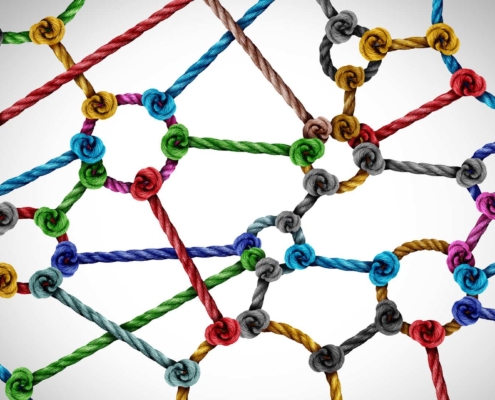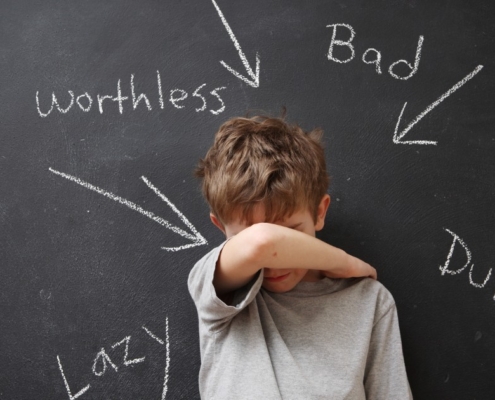I have said a lot about accountability in recent months – how to hold yourself and others accountable, the benefits of accountability, etc – but something I haven’t really discussed is the impact of personality on accountability.
As mentioned in the past, accountability requires clear expectations, but people have different standards when it comes to a concept such as clarity. A ‘thinker’ will need measurable targets, specific instructions and a set workflow, but a more creative person will perform best when given wiggle room, space and time to understand a given task on a deeper level and the flexibility to approach it from different angles.







